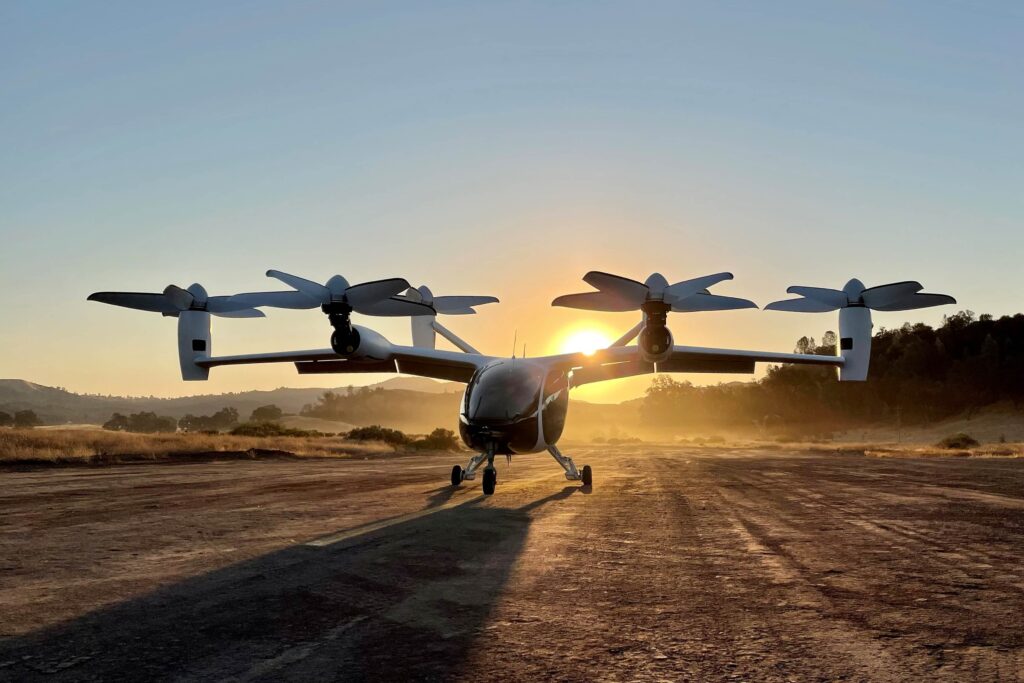Dubai has long been touted as one of the potential early adopters of eVTOL technology.
The prospective operation of eVTOLs in urban environments still raises many questions, not least when it comes to the regulatory hurdles this novel transportation technology will face in many cities around the world. But its proponents are likely to find fertile ground in the Gulf.
Dubai has been positioning itself as a launchpad for advanced air mobility (AAM) concepts. Embraer’s EVE announced in June 2022 that it was partnering with a local operator to introduce eVTOL touristic flights in Dubai. Then, in October 2022, Chinese eVTOL company XPeng conducted a series of flight tests in the emirate and in December a $40M advanced air mobility integrator center was unveiled at the Mohammed bin Rashid Aerospace Hub (MBRAH).
This facility, which is scheduled to open in 2024, is expected to become a hub for the whole advanced air mobility ecosystem, including the testing of new concepts and ideas. The center is going to be managed by Canadian AAM infrastructure firm VPorts, which has already presented its vision of a network of vertiports enabling eVTOL flights linking the main economic centers in the UAE.
On February 12, 2023, it was the turn of Dubai’s ruler, Sheikh Mohammed bin Rashid Al Maktoum, to publicly endorse the emirate’s strategic push to become one of the world’s early eVTOL adopters.
Sheikh Mohammed bin Rashid Al Maktoum posted a video to his Twitter and Instagram channels in which he announced that he expects eVTOL operations to launch in Dubai from 2026.
The footage names Dubai’s public transportation authority, Roads and Transport Authority (RTA), as well as vertiport developer Skyports and eVTOL manufacturer Joby Aviation as partners in the roll out of eVTOL operations linking four key areas of the city: Dubai international airport (DXB), Downtown, Palm Jumeirah and Dubai Marina, thus creating the first urban vertiport network in the world.

